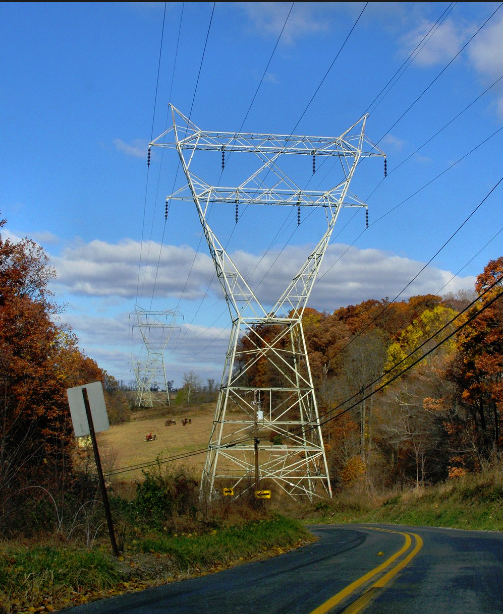Easements in North Carolina just got a little easier to maintain and, if necessary, litigate. The Supreme Court of North Carolina ruled in August 2016 that easement holders have twenty years within which to file a suit for the removal of easement encroachments. This overruled previous case law requiring easement holders to file a suit within six years.[1] There are many different types of easements, but put simply, easements are a right to traverse or otherwise use someone else’s land for a specified purpose. For example, one could have an easement to cross over their neighbor’s land to access a home or a fishing pond.…
-
-
Prescriptive Easements and Claim of Right
If your neighbor’s driveway runs over your property, is it a permissible to dig a large ditch over the drive if the ditch impedes your neighbor’s access to their own land? Easements for neighboring properties are often necessary to access one’s own land, particularly in rural parts of the country. However, the law regarding one’s right to an easement can be complicated and difficult to navigate, especially if neighbors are at odds with one another. Several years ago, Jack Myers decided he wanted to use his property as a commercial paintball field, but Stanley and Ruby Clodfelter, did not…
-
Master of Your Domain?: The Nuance of Eminent Domain and Charlotte’s Light Rail
Since before the establishment of the United States, governments have taken the land of private citizens. The issue was so fundamental to the founders of this country they wrote it into the Fifth Amendment of the Constitution which states, in part, “nor shall private property be taken for public use, without just compensation.” The issue of what constitutes a taking, however, is still a matter of dispute in courts across the country, including the North Carolina Court of Appeals. On Tuesday, the Court published an opinion regarding whether a property owner was entitled to just compensation for the loss of visibility to a business due to the construction of a…

